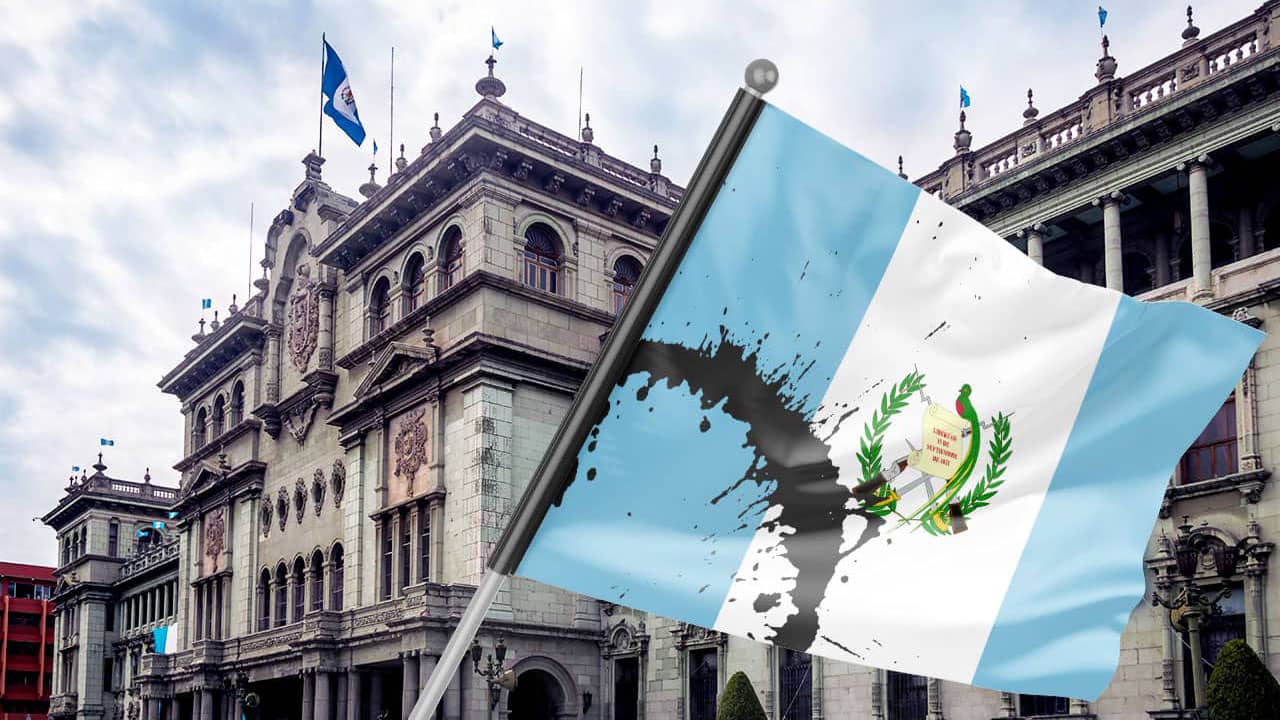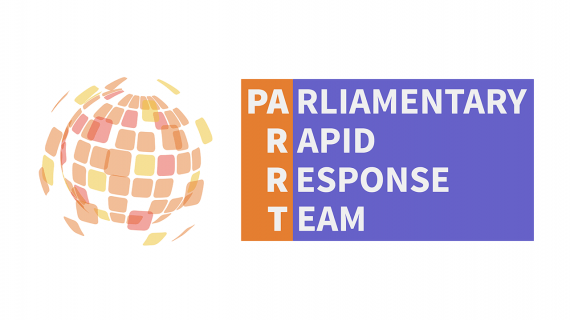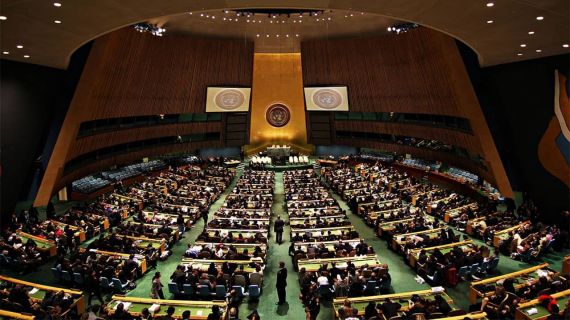
New York/The Hague
Recent developments have sparked deep concerns for the situation in Guatemala, which demands immediate attention and decisive action.
Guatemala is a nation striving for democratic stability. It has faced significant challenges linked to widespread human rights abuses, the undermining of institutional checks and balances, high corruption levels, and lack of accountability. On 15 January 2024, the country's newly elected President, Bernardo Arévalo de León, was sworn in. Scheduled for 14 January, the transfer of power was overshadowed by a series of obstacles that the outgoing Congress and the Supreme Court put in place to delay the swearing-in ceremony of the newly elected Parliament – composed of 160 Members – and to force members of the President’s party to stand as independents.
The President has denounced "an attempt to violate democracy," an ongoing problem since 2023. Arévalo’s election was a flicker of hope not only for Guatemalans – to whom he promised to combat corruption and impunity as one of the main sources of Guatemala’s decadence - but also for the country’s own democracy, which has been at risk for years. The erosion of democratic institutions in Guatemala is illustrated by reports indicating institutional weaknesses, challenges to the rule of law, diminishing space for civic participation, and human rights violations.
In the aftermath of an intense election, the leader of the “Seed Movement Party” (Movimiento Semilla in Spanish) was confronted with several impediments. In October 2023, the Special Prosecutor’s Office against Impunity - operating under the Attorney General’s Office - confiscated the electoral results that certified Arévalo’s victory in the second round, alleging irregularities. The measure, never used before in Guatemala, sparked outrage among international bodies and institutions, including the Office of the United Nations High Commissioner for Human Rights and the Organization of American States (OAS).
For several months, the President’s anti-corruption agenda made him and opposition members the target of continuous attacks. Last year, the Office of the Attorney General pursued the lifting of immunity of Supreme Elector Tribunal magistrates for allegedly committing crimes of fraud, breach of duty, and abuse of authority. Party members of the Seed Movement have been arrested or banned from running for the presidential elections, independent journalists have been persecuted in an attempt to coerce the right to inform, and, for the second time, prosecutors in the country have asked Courts to strip Arévalo of his immunities.
The European Union, along with other international institutions, has voiced its concern over the state of affairs in Guatemala as democracy is at stake. In a recent declaration, the EU announced the establishment of a dedicated framework of restrictive measures to support democracy and emphasized the country’s obligations to uphold democratic values, respect for the rule of law, and protect human rights.

The international community's recognition of these issues underscores the urgency with which PGA, its members, grassroots organizations, national, regional, and international institutions, and States must act to help Guatemala address challenges to its democratic institutions.
On a global scale, we must heed this and other calls to support efforts, facilitate transparent, accountable, and inclusive discussions within Guatemala, and recall the importance of allowing free and fair elections as a cornerstone of democracy. Furthermore, PGA urges all parties to preserve the work and integrity of civil society organizations, human rights defenders, indigenous communities, and independent media in Guatemala, who play a vital role in upholding democratic values and are at the forefront of this fight. Their ability to operate freely and without fear is essential for a thriving democratic society.
Guatemalan authorities must address the root causes of the challenges, engage with opposition members, allow broad civic participation, including from marginalized communities, and ensure that accountability is at the center of any process and progress toward democratization. Impunity for crimes can lead to more violence and more human rights violations. We also encourage measures that reinforce the independence of the judiciary and ensure respect for the separation of powers.
As a member of the OAS, Guatemala is bound by the affirmed and shared commitments adopted under the Inter-American Democratic Charter, which includes, among others, defending democracy when it is threatened, strengthening and upholding democratic institutions, combating poverty, and promoting democratic culture and electoral observation missions.
PGA’s Democratic Renewal and Human Rights Campaign, therefore, is key in this regard. Our three-pronged approaches to defending democracy, the Parliamentary Rapid Response Team (PARRT), the Global Parliamentary Code of Democratic Conduct, and the recently launched Parliamentary Toolbox for Democracy Defense, are instruments at the disposal of parliamentarians and other stakeholders intending to help revitalize democracy.
*Background
At the margins of the 22nd Assembly of States Parties to the International Criminal Court (ICC) held in New York from 4-14 December 2023, PGA’s Board Member Asambleísta Esther Cuesta Santana (Ecuador) and the Secretariat met with Ms. Brisna Caxaj, Gender Coordinator of Impunity Watch and Ms. Rosalina Tuyuc, founder of the National Association of Guatemalan Widows (CONAVIGUA, for its acronyms in Spanish) and leading indigenous human rights activist, to discuss the situation in Guatemala and prospects of collaboration. The meeting was facilitated by our partner, the Global Action Against Mass Atrocity Crimes (GAAMAC).




